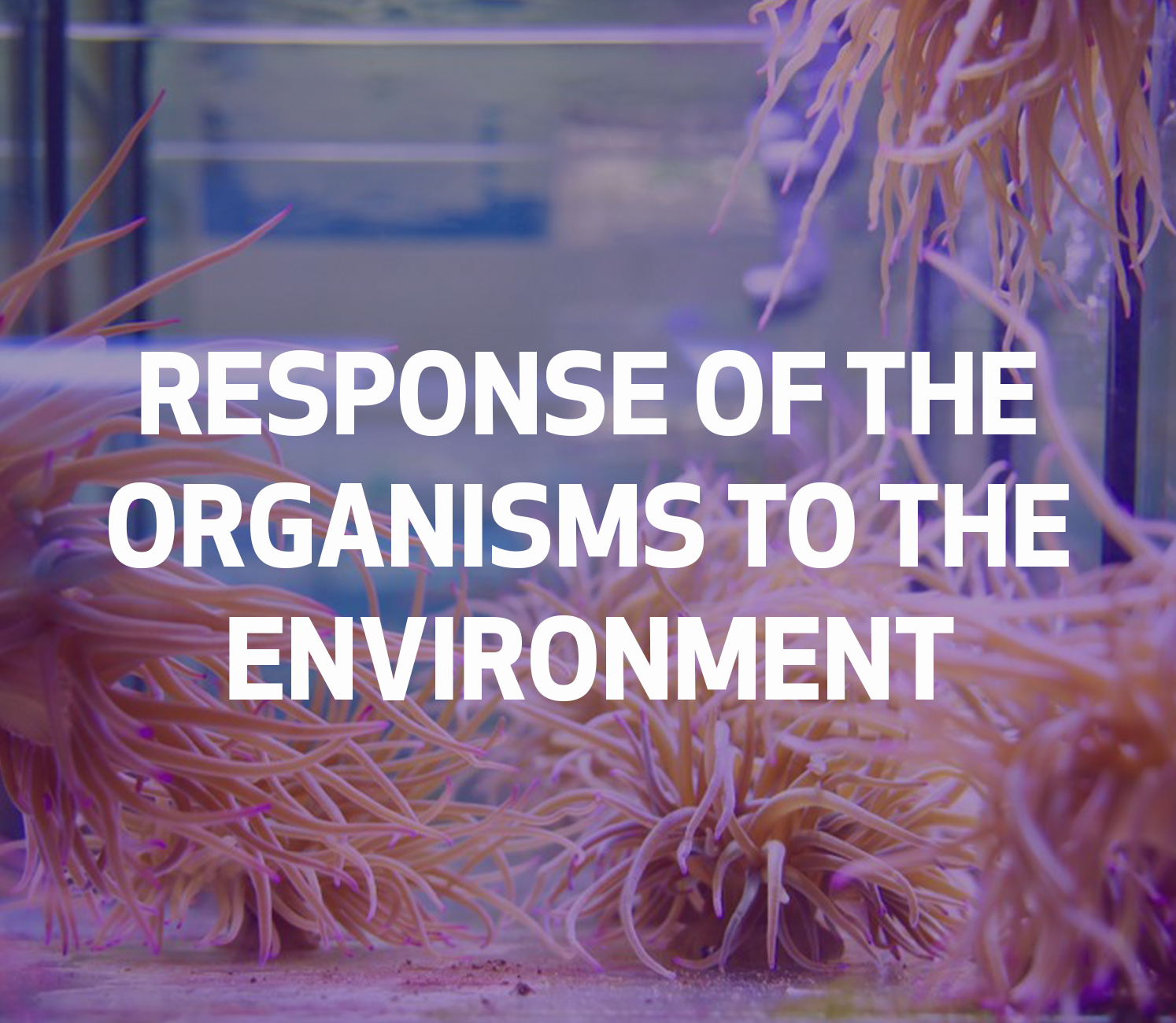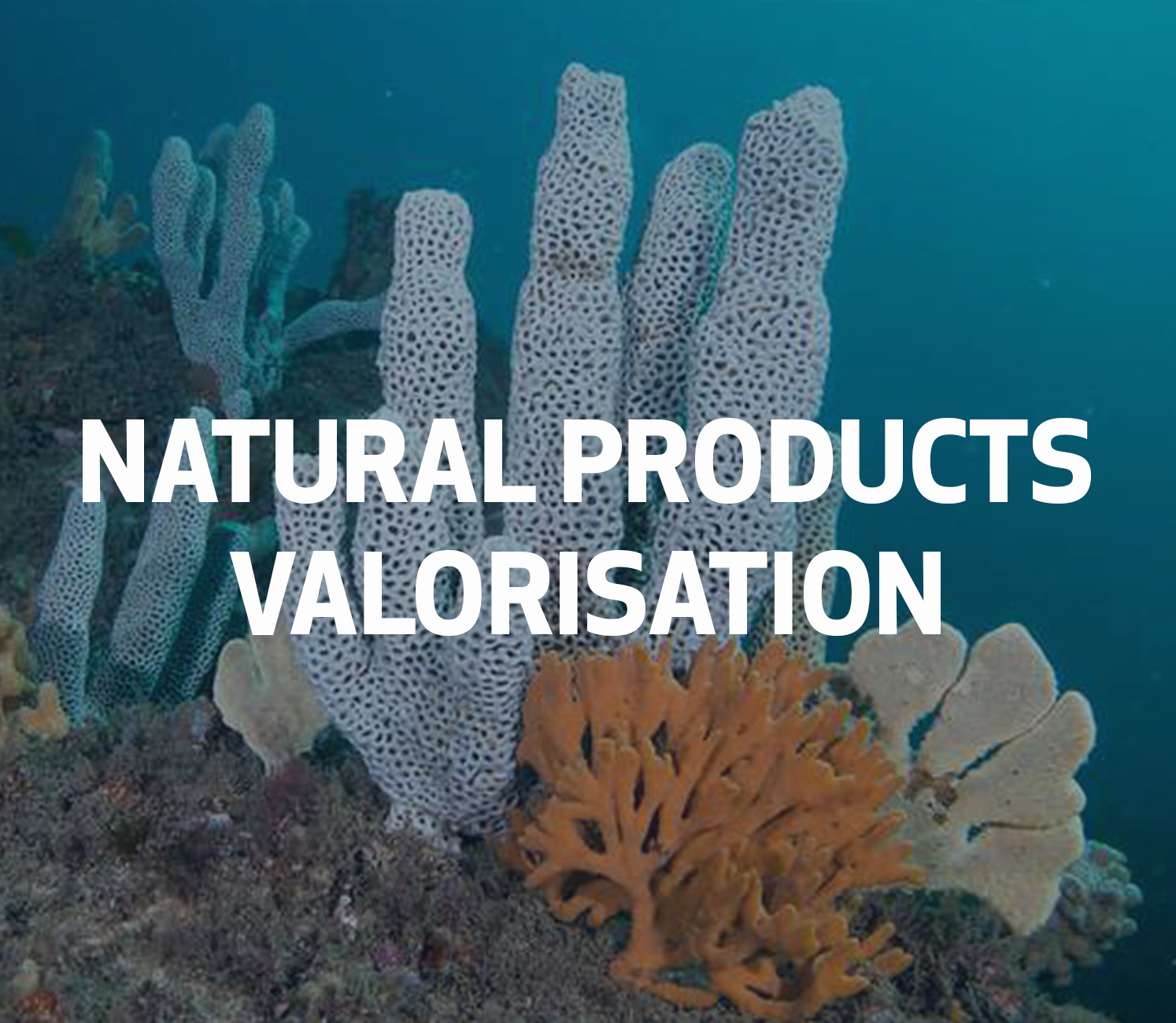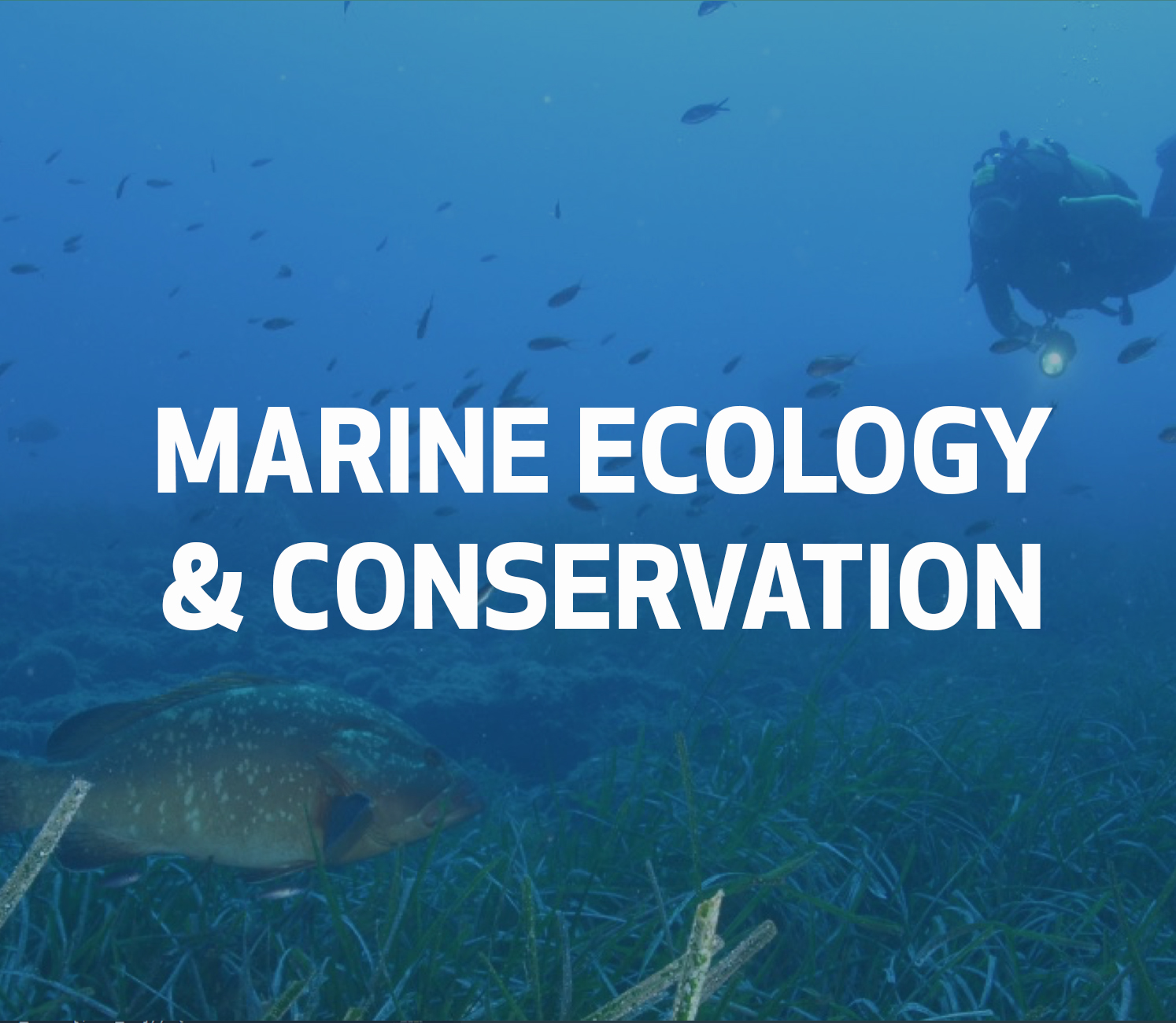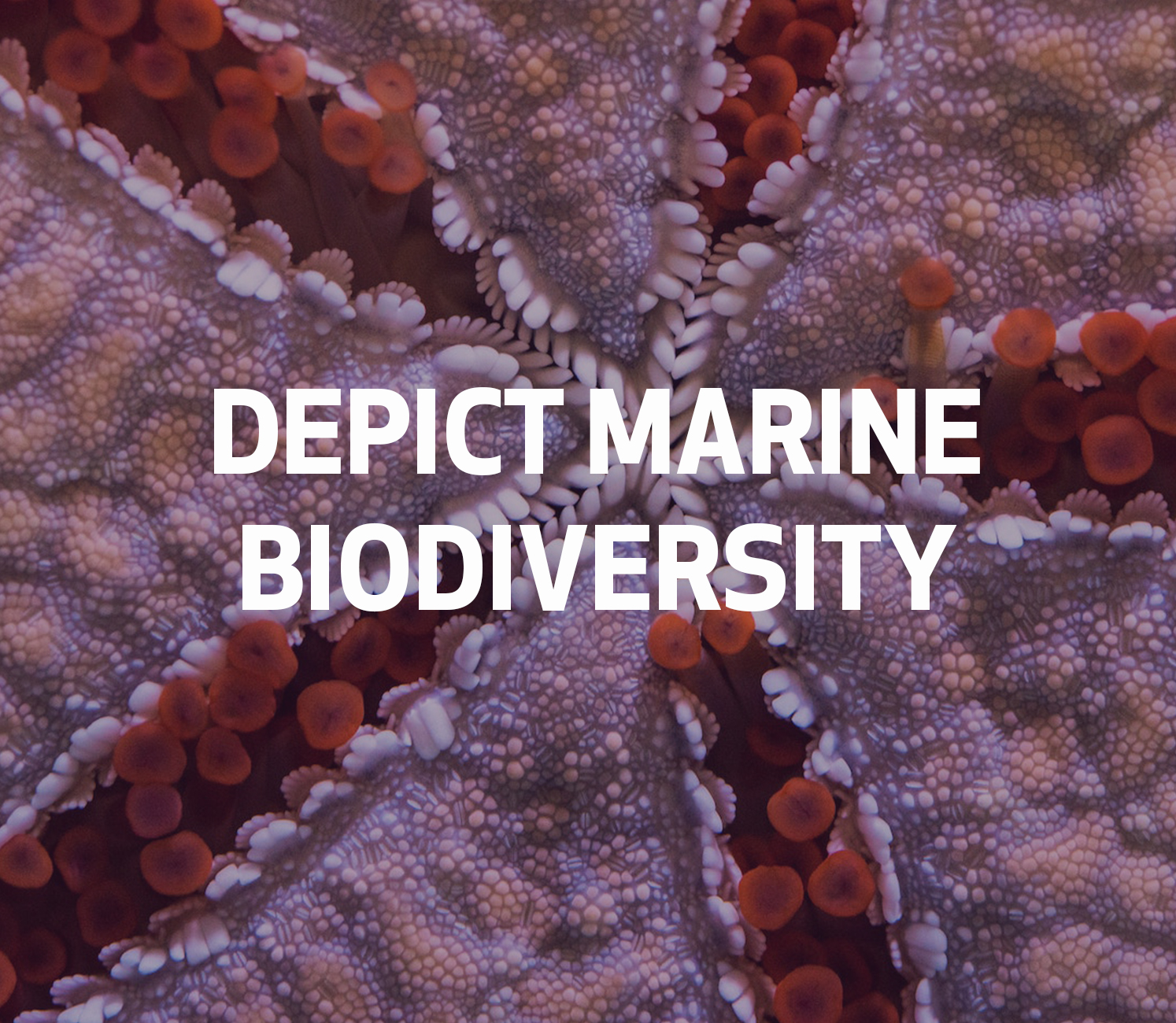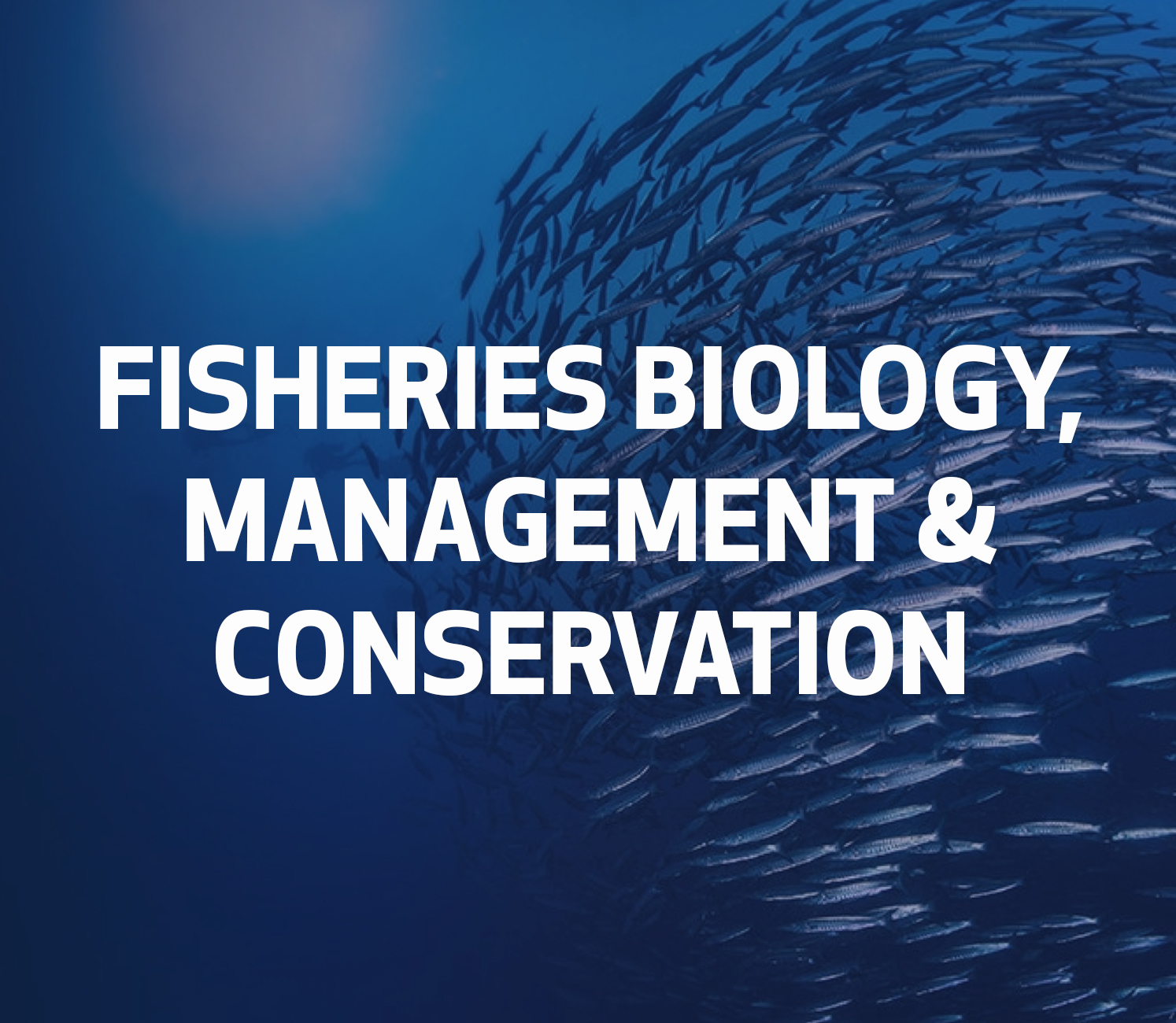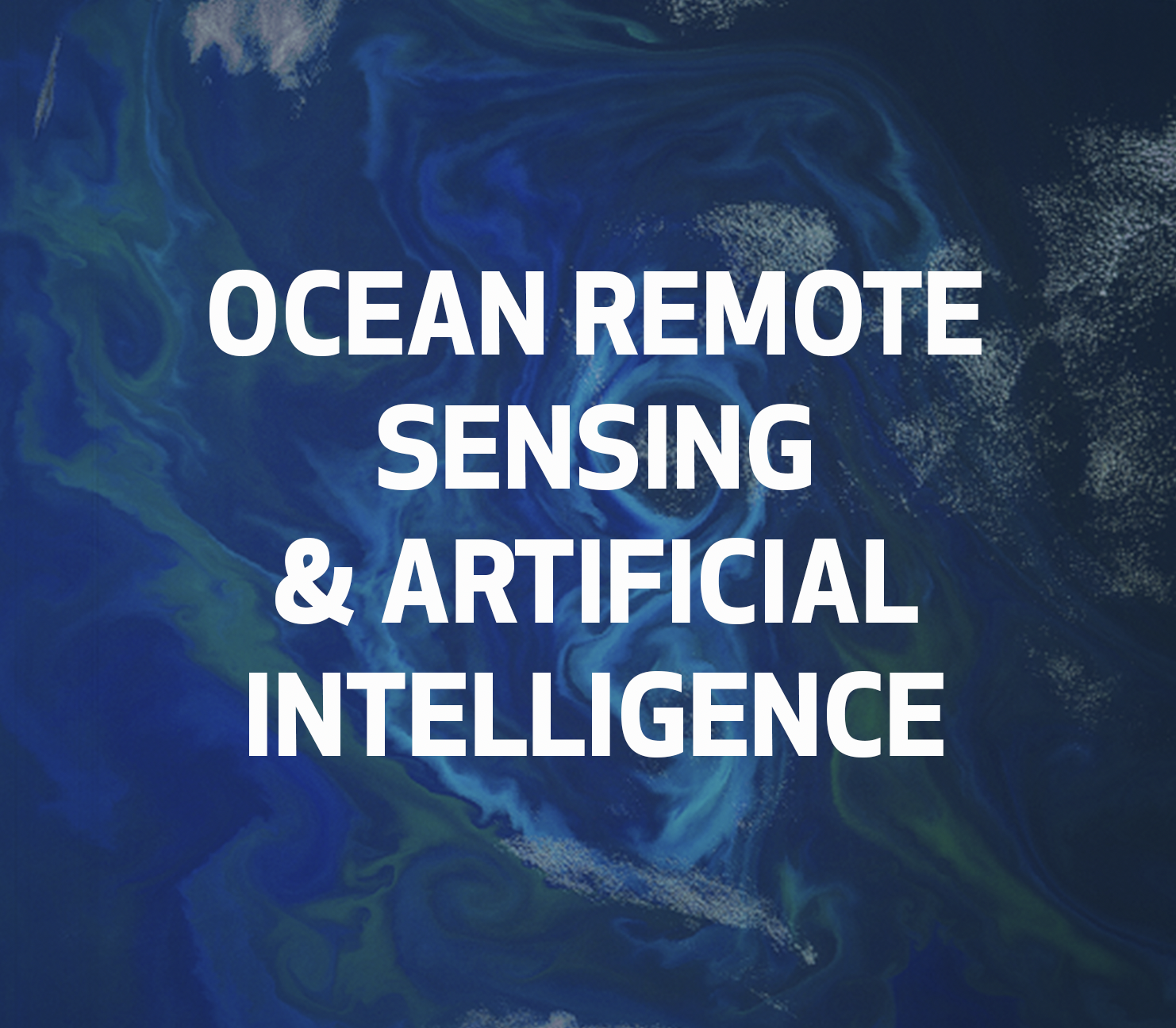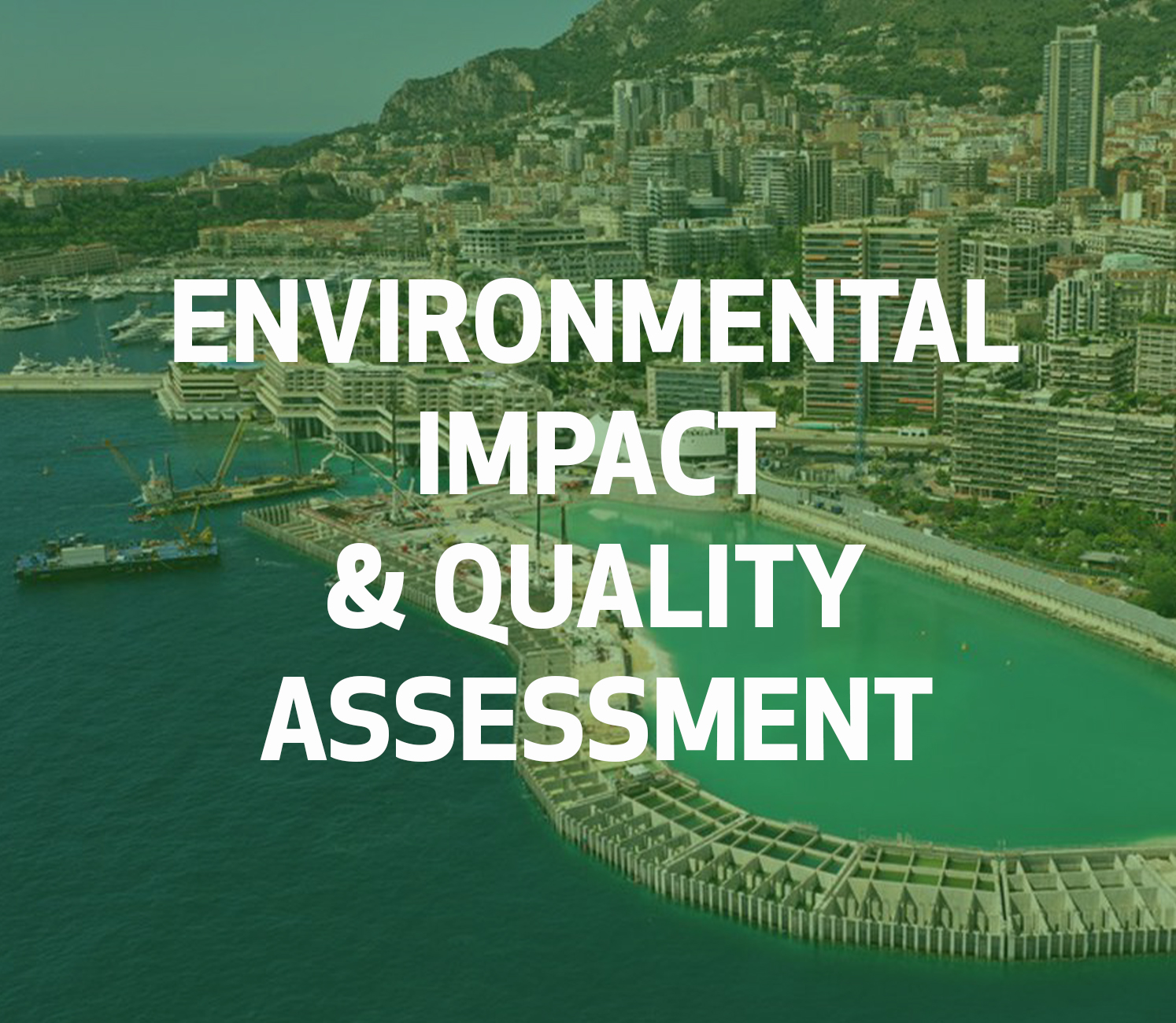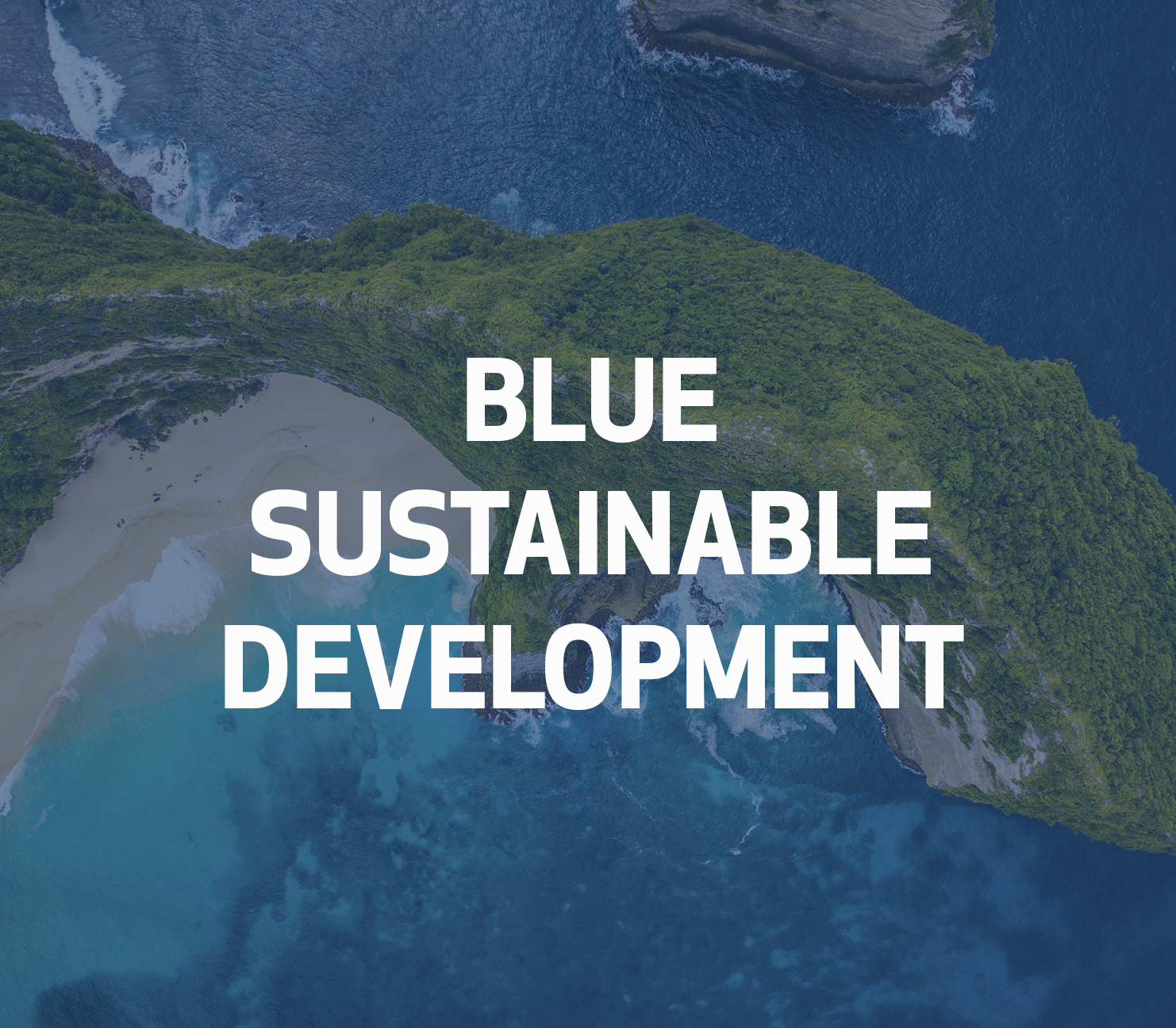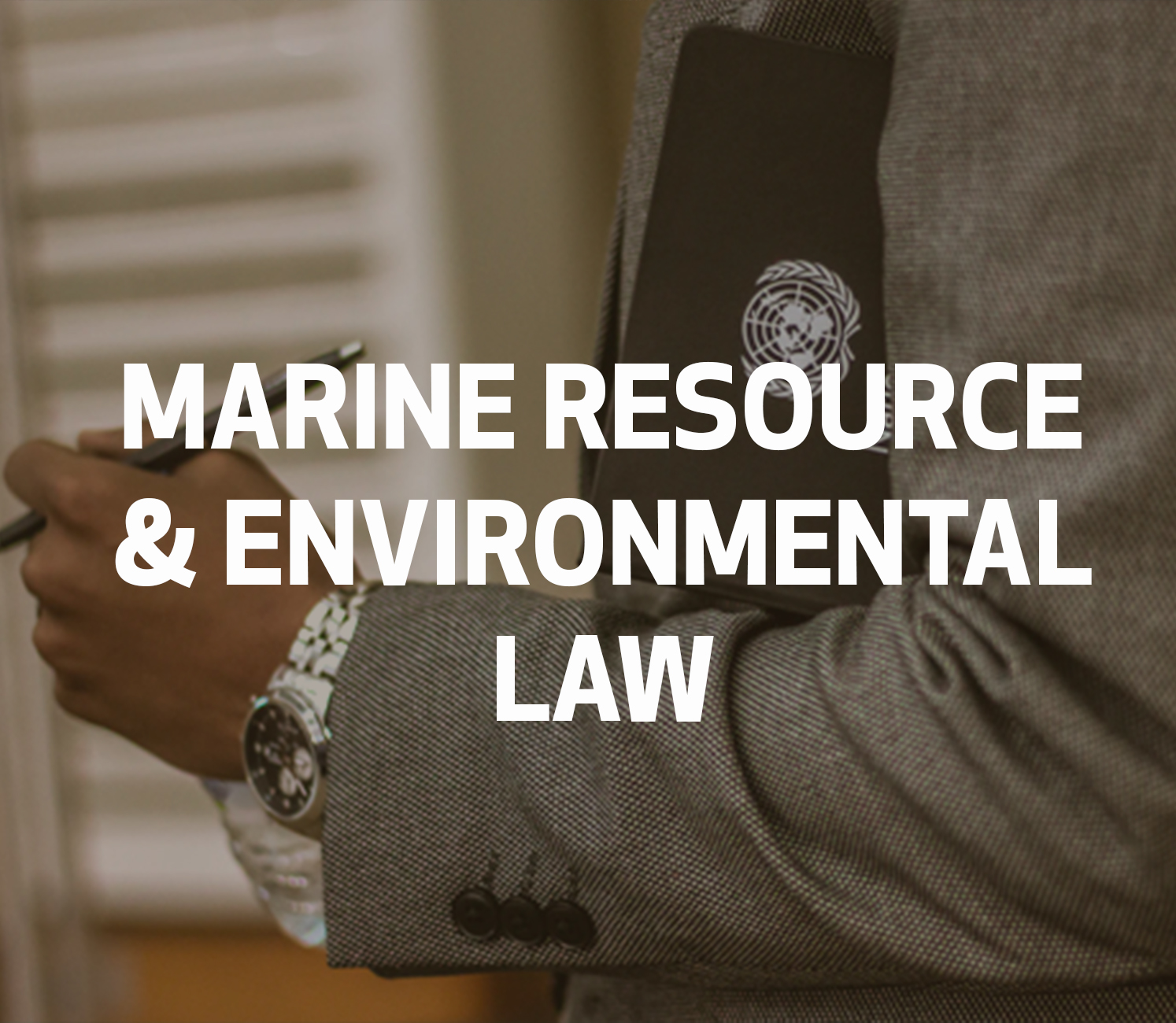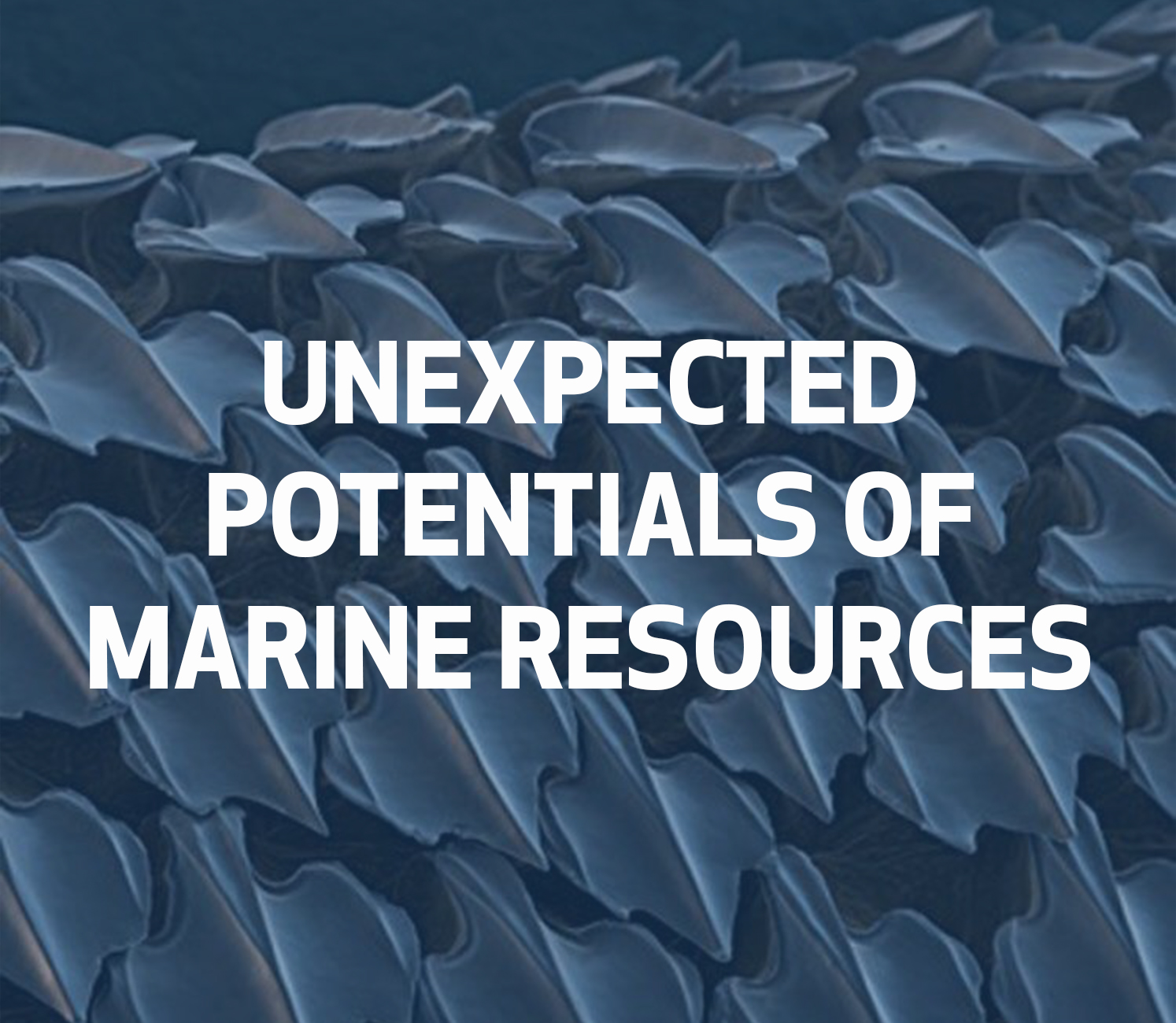MSc Ocean Science, Conservation & Innovation

In continuity with the SCAN module, MALM further develops the quantitative elements of the study of the environment with multivariate analysis tools, and a numerical modeling approach in marine biology and ecology.
program: Science & Society
code name: MALM
module family: #Environmental Data Analysis
credits: 5 ECTS
semester: Spring (semester 2)
UN Sustainable Development Goals:
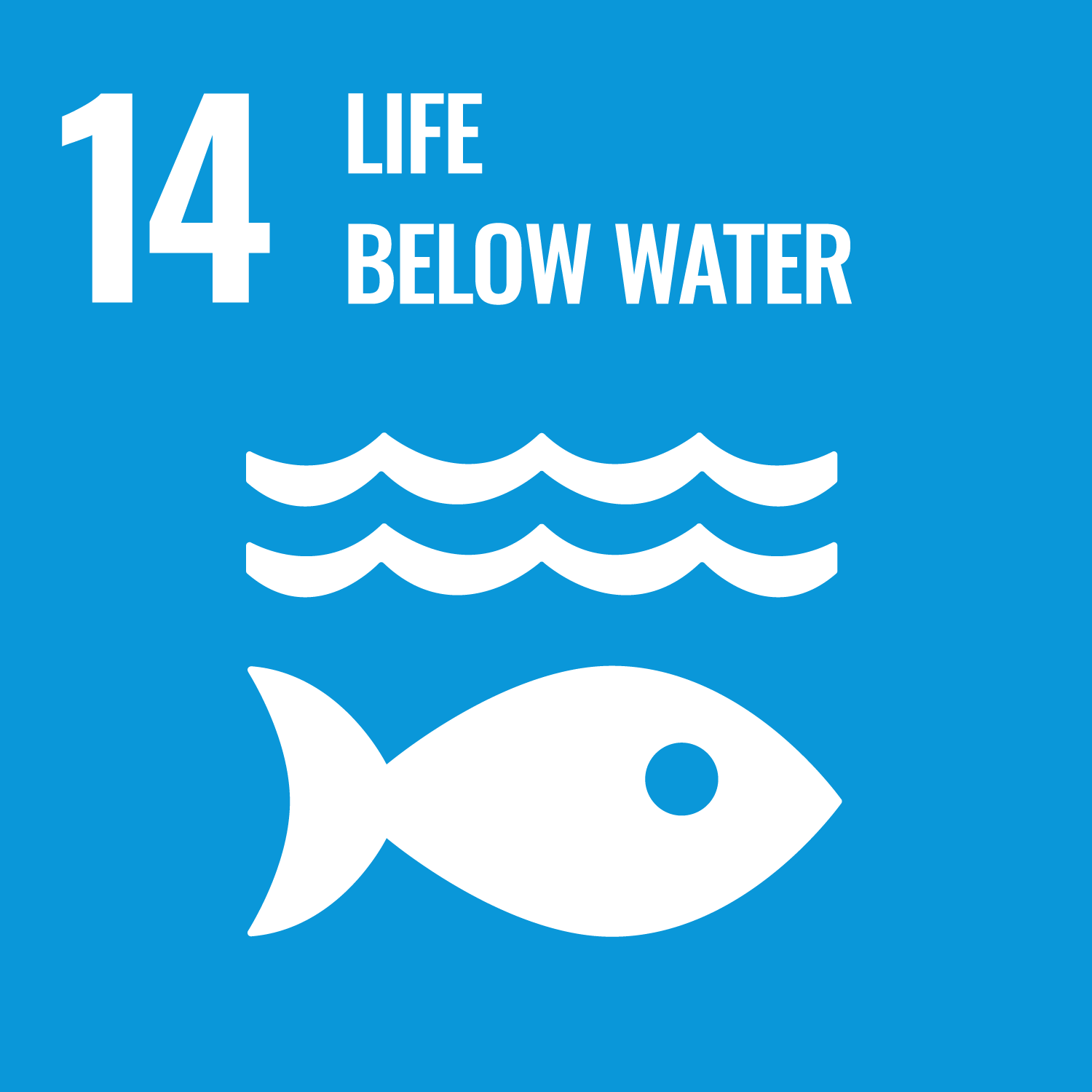
LEARNING OUTCOMES
Students should
- enhance their research skills by applying advanced statistical and modeling techniques to real-world marine ecological problems.
- comprehend and articulate the stages of ecological simulation modeling including conceptualization, parameterization, implementation, and sensitivity analysis.
- be able to design their own models based on specific ecological questions, as well as analyze and assess their performance, ensuring accuracy and reliability in their predictions and outputs.
- extend their understanding from univariate to multivariate frameworks in hypothesis testing, effectively employing techniques such as distances measures, clustering, ordination, and principal component analysis.
- critically evaluate the strengths and limitations of various numerical approaches in addressing marine ecological issues.
TOPICS
- Numerical modeling
- Introduction to NPZD models
- Complexity in numerical modeling
- Design a model
- Multivariate analysis
- Starting from the SCAN souvenirs
- Linear Regression (from simple to multiple)
- Measure of association
- Clustering & Ordination
- PCA et al
INSTRUCTORS
- Christophe Mocquet (UCA, module coordinator)
- Sara Sergi (UCA)
ASSESSMENT
- Model article
- Model presentation
- Multivariate analysis assignments

















